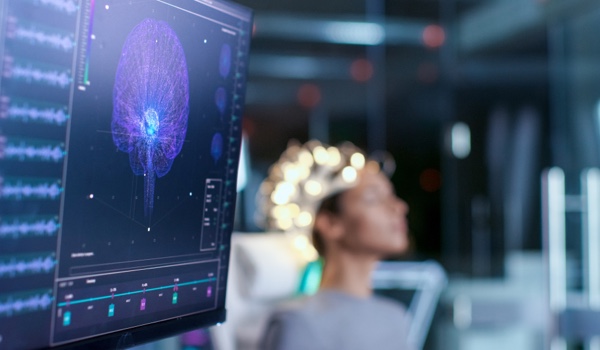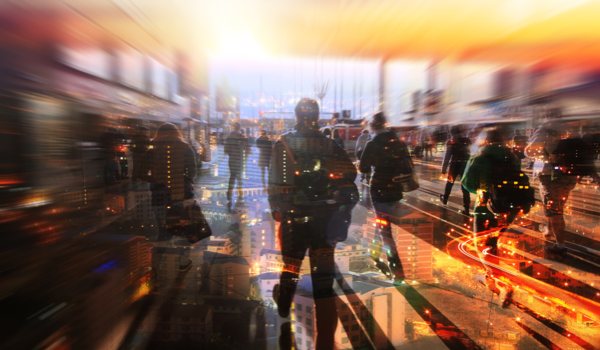


PARIS - A day hardly goes by without one hearing about a new study describing the far-reaching implications of advances in artificial intelligence (AI). AI applications are poised to change people’s lives in ways scarcely imaginable, according to countless consultancies, think tanks, and Silicon Valley celebrities.
The biggest change concerns employment. Speculation is rife about how many jobs will soon fall victim to automation, but most forecasters agree it will be millions. Not just blue-collar jobs are at stake. So, too, are highly-skilled white-collar professions like law, accounting, and medicine. Entire industries could be disrupted or decimated and traditional institutions such as universities might have to downsize or close.
Such concerns are understandable. In the current political economy, jobs are the main vehicle for wealth creation and income distribution. When people have jobs, they have the means to consume, which drives production forward. Unsurprisingly, debates about AI center on the prospect of mass unemployment and forms of compensation that may become necessary in future. To better understand what AI will mean for the economic future requires a look past the headlines.
The AI revolution need not “conjure doom-and-gloom scenarios about the future of work,” so long as governments rise to the challenge of equipping workers “with the right skills” to prepare them for future market needs, for Nobel laureate economist Christopher Pissarides and Jacques Bughin of the McKinsey Global Institute, who remind that job displacement from new technologies is nothing new, and often comes in waves. “But throughout that process,” they note, “productivity gains have been reinvested to create new innovations, jobs, and industries, driving economic growth as older, less productive jobs are replaced with more advanced occupations.”
SAP CEO Bill McDermott is similarly optimistic, seeing “nothing to be gained f
The content herein is subject to copyright by Project Syndicate. All rights reserved. The content of the services is owned or licensed to The Yuan. The copying or storing of any content for anything other than personal use is expressly prohibited without prior written permission from The Yuan, or the copyright holder identified in the copyright notice contained in the content. Continue with Linkedin
Continue with Linkedin
 Continue with Google
Continue with Google










 1828 views
1828 views







